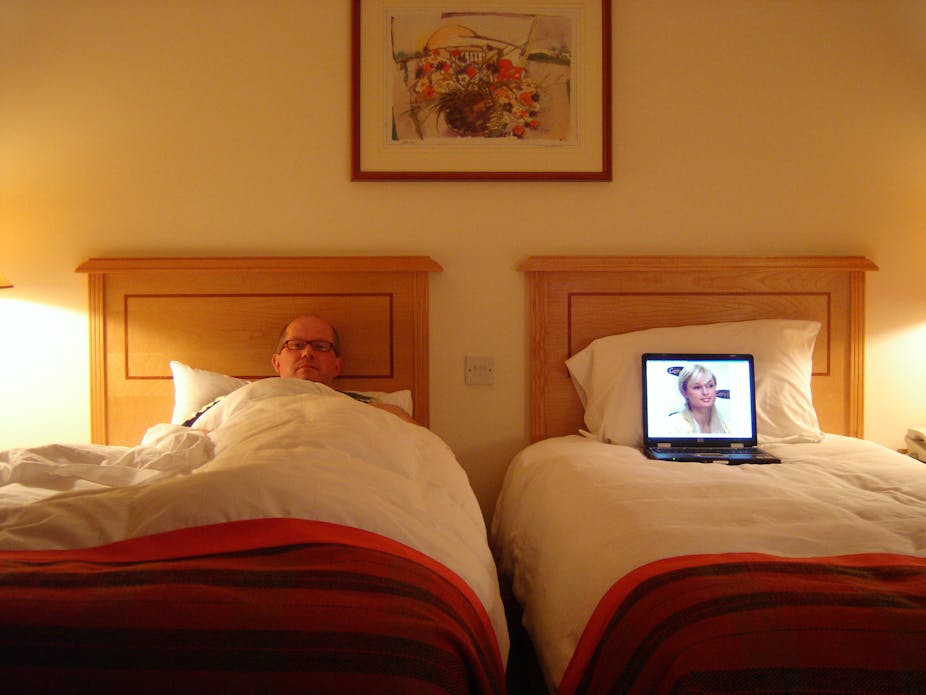The number of people in Britain who are using the internet has risen substantially, reaching 78% of the population aged 14 years and over as compared with 59% in 2003. But according to the latest survey of British internet use and attitudes more than half of those who go online do it without enthusiasm.
The 2013 report identifies five groups with distinctive attitudes toward the internet. Some 14% were classed as “Adigitals”. This group felt the internet was taking over their lives, invaded their privacy and was out of their control.
Another 37% could be described as “cyber-moderates”, who use the internet but had no strong feelings either for or against it. Together these two groups make up more than half of British internet users.
At the other end of the spectrum, 17% fell into the “Techno-pragmatist” category. These users viewed the internet as an instrumental tool that made them more efficient. Another 12% were defined as “e-mersives” because they said they were comfortable and naturally at home in the online world. This group uses the internet for work but also for entertainment. Finally the “cyber-savvy”, about 19%, had mixed views, feeling efficient and happier but also frustrated and worried about the internet.
The 2013 Oxford Internet Survey (OxIS) is the sixth in a series. Each has used a multi-stage national probability sample of about 2,000 people, so that the results generalize to the entire British population.
Peak usage
One of the most intriguing results of the survey concerns social network sites. People in Britain are finding it easier than ever to join these sites to post pictures, write personal thoughts and connect with others. These sites have transformed the online experience for many people and their use has exploded in recent years. But the latest survey reveals that the proportion of users seems to have levelled off in the past two years, at about 60% of internet users.
Social network sites have become part of popular culture. Everyone knows what they are and what they can be used for, so people who are not using them are likely to be doing so by choice. This raises all sorts of questions. Why the sudden stability at about two-thirds of internet users? Why are the attractions not appealing to those who are not using them? Have users been put off by journalistic coverage of privacy concerns on social media sites? Were social network sites something of a fad that has now peaked, or have we reached some natural limit of the number of people interested in social media?
Double up
While tablets and smartphones have captured a great deal of interest the survey reveals that they have not replaced computers for access to the internet.
There has certainly been a rise in mobile access to the internet, but that is only part of the story. Very few people actually use their tablet or smartphone as a sole means of access. Of the 2,083 internet users in the 2013 sample, only 34 own a tablet but not a PC.
This illustrates how tablets and other mobile devices seem to be complementing rather than replacing PCs. The OxIS survey finds that the real trend has been the use of multiple devices, one or more of which are mobile, to access the internet. Now that so many options are on the table, 67% of users access the internet using multiple devices.
Disconnected
The report shows progress in narrowing digital divides, with a sharp rise in internet access for lower income groups, people with no formal educational qualifications, retired people and individuals with disabilities. However, while non-use is indeed in decline, about one in five people remain offline.
Lack of interest is cited most often as the main reason for not being online, which shows that there is an element of choice at work. Good progress is being made to bring the internet to those who want it but can’t get access but this last group appears to be actively opting out. There is no evidence that they are opposed or resistant or restricted from going online, rather the internet is not important to them. They just don’t care.

